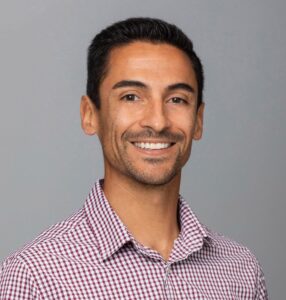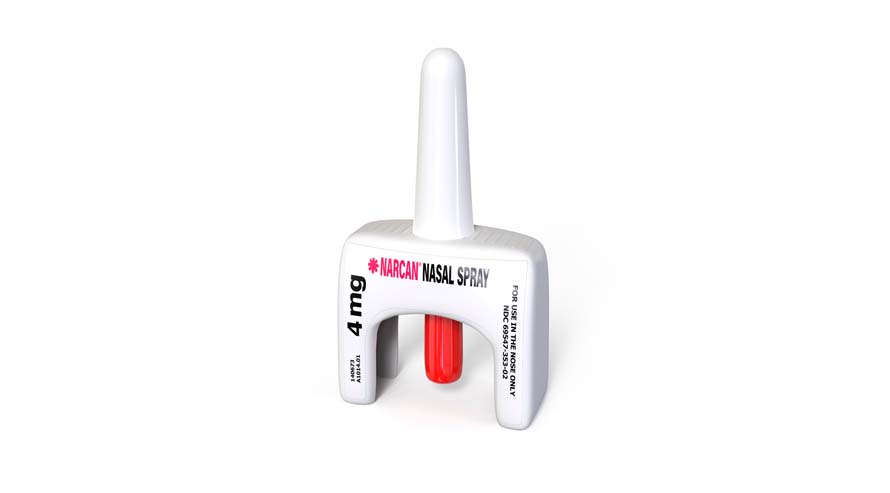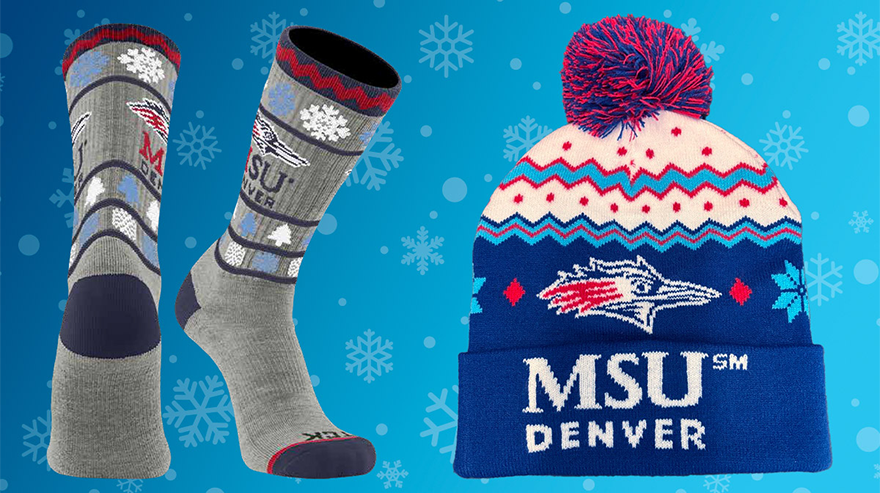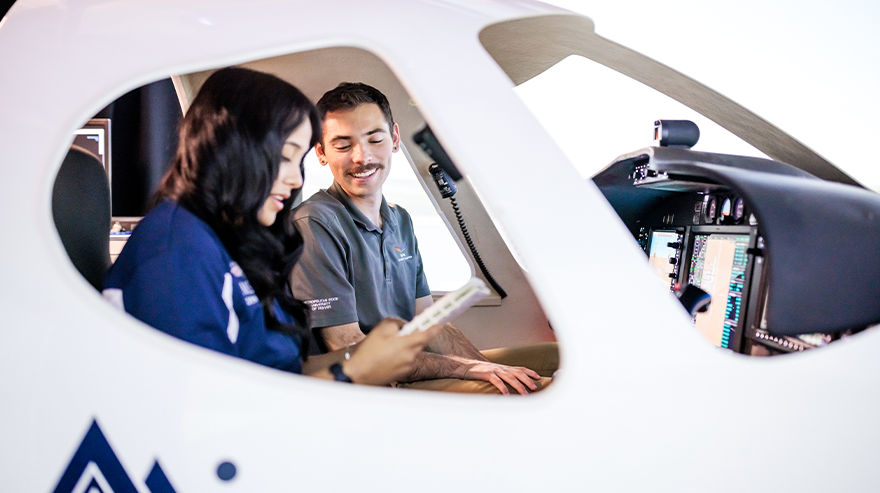Editor’s note: Naloxone kiosks are currently being installed and will be in place by the close of the week, Aug. 22. The kiosk in the Jordan Student Success Center will be located near the elevators on the first floor.
In a significant step toward enhancing campus safety and promoting harm reduction, naloxone kiosks will soon be installed across the Auraria Campus.
What is naloxone?
Naloxone is an opioid-overdose-reversal drug known for its rapid and safe response. Richard Miccio, who was recently appointed as director of Recreation and Well-being, says naloxone is “fast-acting and highly effective,” quickly reversing the effects of an overdose by removing opioids from brain receptors. The campus will use Narcan nasal-spray versions for ease of use and accessibility.
The installation of Narcan kiosks is the result of collaborative efforts among the Health Center at Auraria, Metropolitan State University of Denver, the University of Colorado at Denver and Community College of Denver.
Proposed kiosk locations include the first floor of the Jordan Student Success Building, the CU Denver Wellness Center and the CCD-designated hallway inside the Tivoli, near the Student Programming, Activities & Resource Center Office and the Swooper’s Market food pantry. Miccio said the kiosks are expected to be available by the start of the fall semester and will allow anyone to take naloxone with no questions asked. Users will not need to present an ID, enter a student number or provide any personal information.
Kiosks aimed at stemming campus overdoses
The increase in opioid overdoses across Denver highlights the urgent need for immediate and accessible harm-reduction tools, Miccio said. As a downtown hub, the Auraria Campus can play a helpful role.

“Our campus is centrally located and sees a high volume of daily foot traffic, especially with two light-rail stations nearby,” Miccio said. “With campus being a central hub and oftentimes a resource that is utilized between other personal, familial and professional responsibilities, it is even more important that we prioritize the safety of our students, faculty and staff.”
The discreet, barrier-free kiosks can offer fast and anonymous access to overdose-reversing medication while representing a critical step toward safeguarding everyone who sets foot on campus, Miccio added.
“The idea behind these kiosks is simple,” he said. “If someone is in crisis or if someone near them is, they shouldn’t have to think twice about where to go or whether they’ll be questioned. They should just be able to take action. That’s what these kiosks make possible.”
Narcan is safe and easy to use, making it a great tool in an emergency, even for people with little to no experience with drugs. “There’s a lot of research around the safety and efficacy of Narcan,” Miccio said. “Even if somebody’s not in an active overdose, there is very little harm from using it.”
Good Samaritan laws further protect individuals administering the medication in emergencies, encouraging more people to take action without hesitation.
Additionally, the Health Center at Auraria and the Auraria Campus Police Department have significantly expanded their harm-reduction initiatives in recent years, including hosting training sessions and providing free Narcan and fentanyl testing strips. “The increased visibility and normalization of these resources” have greatly enhanced campus safety, Miccio said.
Faculty members, staff members and students who are concerned about someone struggling with addiction can access resources through the Student Care Center and the Auraria Recovery Community, which provides peer-led support meetings. Clinical services are also available through the Health Center and Counseling Center.
Stay tuned for further updates as these kiosks become operational this fall. For immediate support or to receive free Narcan, visit the Health Center at Auraria in Plaza Building Room 150.








